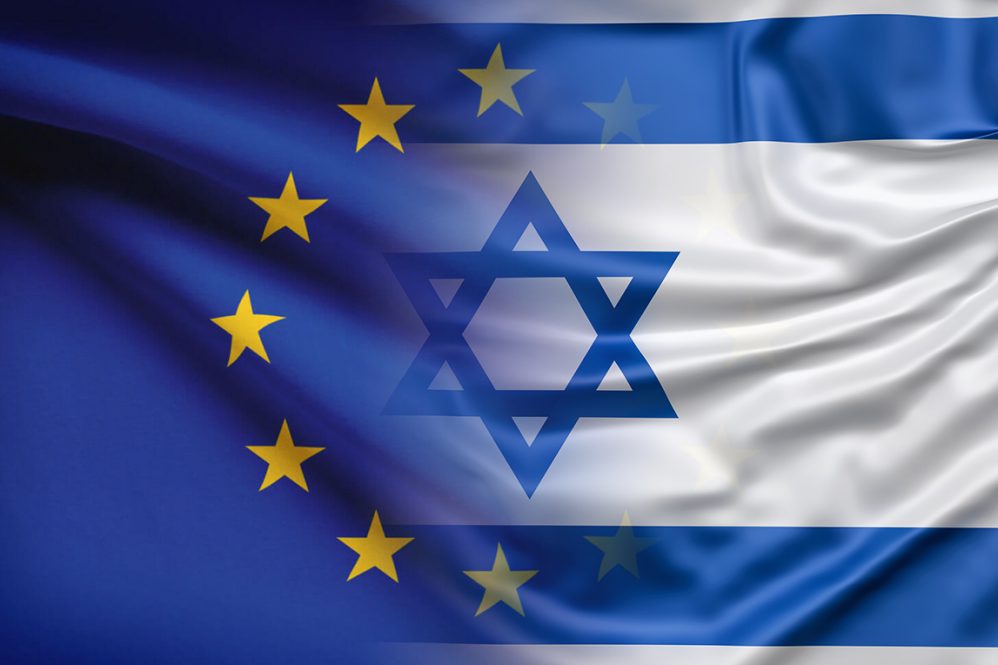On the 22nd of January, 2024, all of the 27 member-states’ Ministrers of Foreign affairs gathered in Brussels, in order to discuss the implementation of a peace proposal for the Gaza Strip, where Israel has been pursuing a brutal war against Hamas for the last four months. The Israeli Minister of Foreign affairs, Israel Katz, as well as his Palestinian counterpart, Riyad al-Maliki, have thus been received separately by the European representatives, who have presented their plan to their guests. Based on 10 points, this plan includes the liberation of all hostages still under Hamas custody, a ceasefire between the two belligerents, and a progressive application of the two-state solution; said solution would encompass a return to the 1967 Israeli-Palestinian borders, and a likely evacuation of the Hebrew colonies’ population from the West Bank. However, only a few days prior to this meeting, the Israeli government, led by Prime Minister Benyamin Netanyahu, categorically rejected the existence of a Palestinian State. The State of Israel even stated that it supported the pursuit of combats: “We will settle for nothing more than a complete victory”, had thus declared Benjamin Netanyahu. The 22nd January meeting, despite the support of every single EU member, did not manage to change the mind of the Israeli diplomacy.
It is also true, unfortunately, that the European position regarding the Israeli-Palestinian conflict is far from unanimous. Whilst the Rafah offensive, in the south of the Gaza Strip, keeps going, a large number of European representatives have criticised the Israeli defence policy. Josep Borrell, the European Union High representative for Foreign affairs, went as war as to suggest, in a press conference, that Western nations should stop to provide weapons to Tel Aviv. But at the end of the day, all of the Union members have voiced their support to Israel against Hamas, and the Hebrew state remains an official European ally. As 20% of the current Israeli population was born in Europe, or has recent origins on the Old continent, Tel Aviv and Brussels have maintained close ties ever since the end of the Second World War. Nonetheless, the recent operations on the Gaza Strip have shown the complexity of this relation under a new light. In Europe, the various degrees of Palestinian independence recognition, just like the efforts of the 27 member-States in order to reduce the expansion of Israeli colonies on the West Bank, are very good examples of the nuanced European relations with Tel Aviv.
Vous devez souscrire à un abonnement EurasiaPeace pour avoir accès au contenu - Prendre votre abonnement






